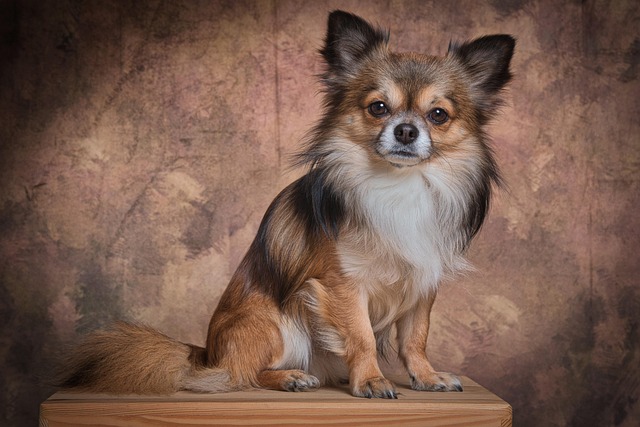
How can I tell if my dog's heatstroke is serious
Let’s be real: It’s a sticky August morning in Los Angeles, and you took your 2-year-old Golden Retriever, Max, for a walk a little later than usual
Do dental powders really work for dogs? Let’s say you’re a new dog owner, watching your 9-month-old border collie, Mia, dart away every time you reach for the toothbrush. Her back teeth have started to look dull, and her morning breath could clear a room. Then you spot a jar of dental powder at the pet store, claiming to “dissolve plaque while she eats”—no wrestling required. It sounds perfect, but does it live up to the hype?
Dental powders work by mixing with saliva to release enzymes or mild abrasives that target plaque, that sticky film of bacteria that causes bad breath and gum disease. Think of it like a gentle cleaner that goes to work while your dog chews. Veterinarians note that quality powders (look for ones with the VOHC seal) can reduce mild plaque when used daily, especially on front teeth. But here’s the catch: They can’t reach the tight spaces between back molars, where plaque loves to hide. For Mia, that means the powder might help with surface gunk, but you’ll still need to pair it with something crunchy—like a raw carrot stick—to scrub those hard-to-reach spots. It’s a team player, not a solo solution.
So, how to test it? Start small. Sprinkle half the recommended dose on Mia’s kibble for a week. After meals, gently lift her lip—are her canines looking shinier? Is her breath less pungent? If yes, keep it up, but add a rubber chew toy a few times a week for extra friction. If not, don’t stress—every dog’s mouth is different. Praise her when she eats the powder, using an excited “Good girl, Mia!” Positive reinforcement keeps mealtimes happy, which matters more than forcing a product that doesn’t click.

Now, let’s tie this to responsible care. In the U.S., rabies vaccines are mandatory—Mia needs her first shot by 16 weeks, with boosters to stay protected, even as you focus on her teeth. When you take her out after meals, always grab poop bags; even a “powder-fresh” dog leaves waste, and fines in cities like Chicago hit $150 for skipping this. Culturally, never scold Mia if she sniffs her food and walks away—yelling will make her avoid meals, not the powder. Instead, mix a tiny bit with wet food to mask the taste. In apartments, store the powder in a sealed container to avoid dust and keep it out of curious paws (and kids’ reach). When at the dog park, skip pushing the powder on other owners—some prefer brushing, and respecting their choices is good community etiquette.
Dental powders can work, but they’re not magic. Pair them with crunchy treats, patience, and lots of praise, and you’ll keep Mia’s smile bright—no toothbrush wrestling needed.

Let’s be real: It’s a sticky August morning in Los Angeles, and you took your 2-year-old Golden Retriever, Max, for a walk a little later than usual

You're enjoying a summer afternoon at the park when you notice your dog has stopped panting and appears disoriented - their gums are bright red

Let’s paint the picture: You’re in your Denver apartment, watching your 4-year-old Boston Terrier, Ruby, plop down mid-play session with her favorite toy

Many dog owners notice their pets nails seem shorter after regular walks,but how much does this daily activity actually help?The answer depends on where you walk—concrete sidewalks or asphalt streets gently file nails as a dog's paws hit the ground

Most dog owners notice their pup scooting across the carpet at some point, but few connect it to impacted anal glands. These small sacs near a dog’s rectum secrete a scent for marking territory

Most vets agree that regular dog teeth cleaning is key to avoiding painful dental issues later. For healthy adult dogs, a professional cleaning at the vet’s office every 12 to 18 months usually works well.